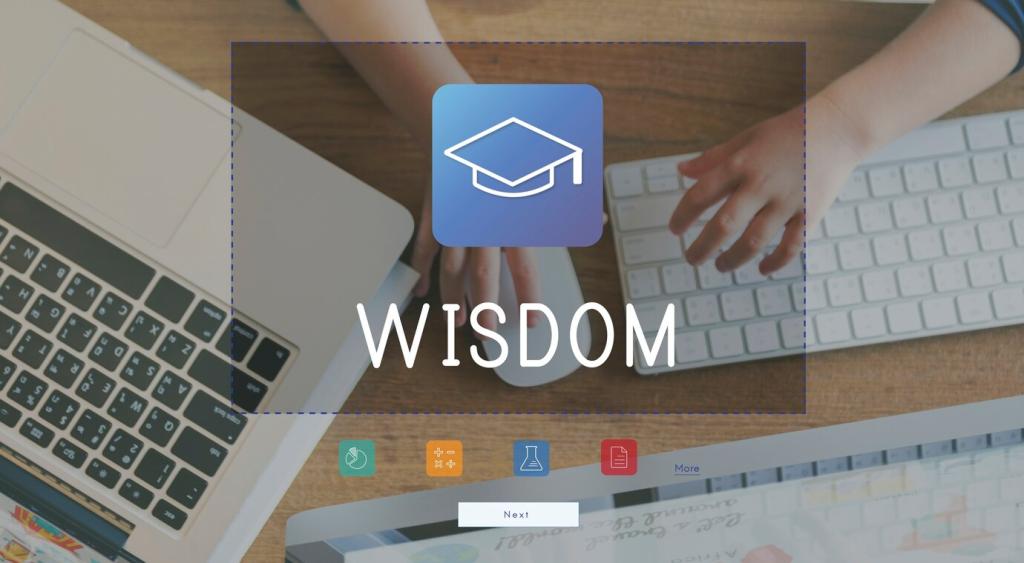Peer-to-Peer Coding Study Groups
Peer-to-peer coding study groups are collaborative communities where individuals come together to learn, practice, and enhance their programming skills. These groups foster an environment of mutual support and shared knowledge, making coding more accessible and enjoyable. Participants engage directly with one another, exchanging ideas, tackling challenges, and building projects side by side. Whether you are a beginner eager to learn the basics or an experienced programmer looking to master new concepts, joining a peer-to-peer study group can transform the way you approach coding. The essence of these groups lies in the belief that everyone, regardless of background, has something valuable to contribute and learn.

A key feature of peer-to-peer study groups is the shared learning journey. Each participant brings unique strengths, experiences, and insights to the table. When members collaborate on solving coding challenges, both strong and emerging coders benefit from diverse approaches to problem-solving. The open discussions help clarify difficult concepts and provide first-hand exposure to real-world problem-solving techniques. This shared experience can make the learning process more engaging, as it often leads to lively debates, alternative solutions, and creative thinking. In this environment, everyone has the opportunity to explain their logic, learn from their peers, and ultimately build a deeper understanding of programming concepts.
The Power of Collaboration

Communication and Code Review
Effective communication is fundamental to successful collaboration in any coding environment. Study groups encourage participants to explain their code, strategies, and thought processes clearly to their peers. This habit of articulating complex ideas in simple terms not only strengthens understanding but also prepares members for both technical interviews and real-world development teams. Additionally, regular peer code reviews help participants become comfortable with feedback, learn best practices, and identify common mistakes, ultimately improving their writing and reviewing abilities.
Exposure to Multiple Programming Paradigms
Peer-to-peer groups bring together learners with varied backgrounds and experiences, which means exposure to a wider range of programming paradigms, languages, and tools. Group members may introduce each other to different approaches, whether functional, object-oriented, or procedural, expanding everyone’s technical repertoire. Working through various projects together encourages curiosity and experimentation with new technologies. This diversity of exposure plays a critical role in broadening a coder’s perspective and makes them more adaptable when tackling unfamiliar challenges in the future.
Developing Soft Skills for Tech Careers
While technical prowess is essential, soft skills are equally important in the tech industry. Study groups simulate real workplace environments where teamwork, time management, and empathy are crucial for success. Through tasks such as scheduling group sessions, resolving conflicts, and supporting struggling members, participants hone their leadership and interpersonal skills. These experiences help budding developers transition more smoothly into professional roles, where the ability to collaborate and communicate effectively is highly valued by employers.
Previous
Next
Structure and Dynamics of Effective Groups
Successful peer-to-peer coding groups start with clear, shared objectives. Whether preparing for a coding bootcamp, a job interview, or mastering a particular technology, defining the purpose of the group keeps everyone focused and motivated. Establishing expectations concerning participation, contribution, and communication helps create a positive and accountable environment. By continuously revisiting these goals, the group ensures that each meeting is purposeful and that progress is tracked effectively, giving everyone a sense of direction and accomplishment.
